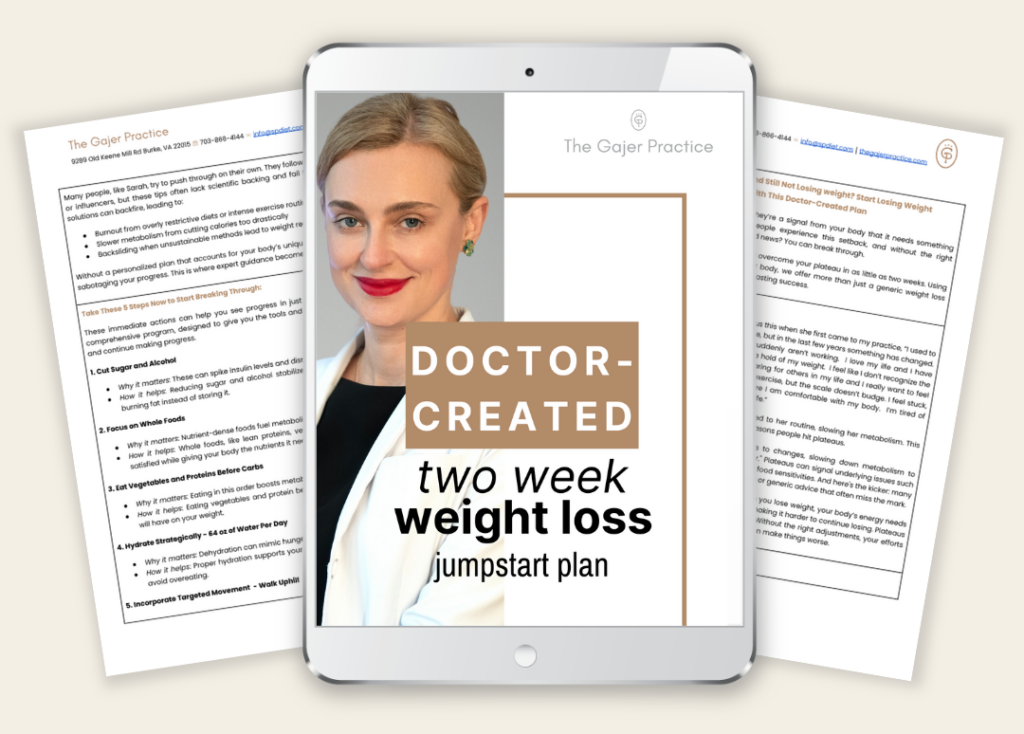Dear readers,
As women, our bodies go through many changes throughout life, and one of the most significant transitions is menopause. During this phase, which typically occurs in our late 40s to early 50s, we experience a range of symptoms, including hot flashes, mood swings, sleep disturbances, and weight gain. These changes are often driven by hormonal shifts, particularly the decline in estrogen levels. However, it’s important to recognize that lifestyle choices—especially diet and exercise—can have a profound impact on how we experience this transition.
The Role of Diet in Menopause
- A balanced, anti-inflammatory diet is one of the best tools we have for managing menopause symptoms. Incorporating nutrient-dense, whole foods into your daily meals can help regulate hormones, reduce inflammation, and alleviate symptoms like hot flashes and night sweats.
Some dietary tips to consider include:
- Prioritize Whole Foods: Focus on fruits, vegetables, whole grains, lean proteins, and healthy fats. These foods help keep inflammation at bay, which is a key factor in many menopause-related symptoms.
- Include Healthy Fats: Omega-3 fatty acids, found in foods like salmon, flaxseeds, and walnuts, support brain health and may help manage mood swings and anxiety.
- Stay Hydrated: Dehydration can worsen many menopause symptoms, especially hot flashes. Drink plenty of water throughout the day to keep your body hydrated and functioning optimally.
- Limit Processed Foods: High levels of sugar, refined carbs, and trans fats can exacerbate inflammation and contribute to weight gain. Reducing your intake of these foods can help manage blood sugar and hormone levels.
Exercise: A Cornerstone of Menopause Wellness
- Incorporating regular physical activity into your routine is another powerful way to manage menopause symptoms. Research supports the benefits of both aerobic and resistance exercises, which help improve cardiovascular health, boost mood, and maintain muscle mass and bone density.
- Strength training, in particular, becomes even more crucial during menopause. As we age, we naturally lose muscle mass and bone density, making us more susceptible to osteoporosis and fractures. Regular resistance training can help counteract this decline, ensuring that our bodies remain strong and healthy.
- In addition to building strength, exercise can significantly improve sleep quality. Many women experience insomnia or poor sleep during menopause due to fluctuating hormone levels. Exercise helps regulate cortisol (the stress hormone), which can lead to better sleep patterns. Furthermore, physical activity boosts the production of endorphins, the body’s natural mood elevators, which can help manage anxiety and depressive symptoms often experienced during menopause.
Holistic Approach for Better Well-being
- Ultimately, the key to navigating menopause with vitality and resilience lies in a holistic approach that combines diet, exercise, and self-care. By focusing on nutrient-rich foods and staying active, you can help mitigate many of the common challenges of menopause, such as hot flashes, weight gain, and mood swings.
- Remember, menopause is not a “one-size-fits-all” experience. Every woman’s journey is unique, and what works for one person may not work for another. However, by embracing these lifestyle changes, you can empower yourself to take control of your health during this transformative stage of life.
If you’re feeling overwhelmed or unsure where to begin, know that you’re not alone. I encourage you to reach out for guidance on how to develop a tailored approach to menopause that works best for you.
Take care of yourself during this time of change, and remember, you have the power to thrive.
Click here to schedule a consultation with me to discuss your hormone health!
Warmly,
Dr. Alex Gajer






